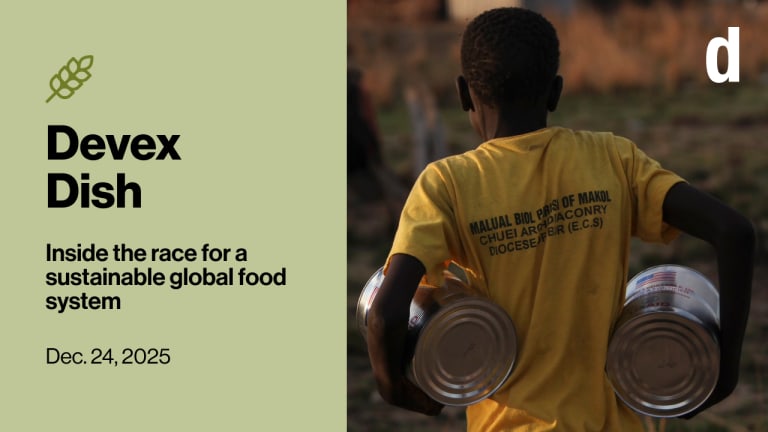
The United States is recalibrating its aid program in Pakistan by focusing on fewer projects, but the country is not likely to slash its spending in the Asian country, according to a U.S. official.
“A slash of assistance is not on the cards, unless there is another big surprise [like Bin Laden’s whereabouts],” the Financial Times quotes the U.S. official, which the newspaper did not name.
But the United States will reduce the size of its aid program from 160 projects to just 50, the official said. The 50 projects will be in the high-impact sectors like education, energy, open democracy and job creation. They also include activities in the Federally Administered Trial Areas, among other key provinces.
This recalibration of the aid program coincides with the expansion of the role of Marc Grossman, the U.S. envoy for Afghanistan and Pakistan, and with concerns raised by some U.S. lawmakers about the scale of the country’s aid program in Pakistan amid doubts over the Asian nation’s commitment as an ally in the U.S.’s drive against terrorism.
Some members of the U.S. Congress have been calling for a suspension or reduction of U.S. aid to Pakistan following the discovery and death of al-Qaida leader Osama bin Laden in his hideout near a military facility in the Pakistani town of Abbottabad.
>> US Congress Weighs Cutting Aid to Pakistan
Meantime, a senior U.S. Agency for International Development official has outlined in an entry on the State Department’s “DipNote” blog the projects and initiatives the United States is supporting and planning to support in Pakistan.
“USAID’s approach to Pakistan focuses on the need to promote sustainable economic growth by addressing the country’s energy crisis and raising incomes in the agricultural sector, the mainstay of Pakistan’s economy,” J. Alexander Thier, director of USAID’s Afghanistan and Pakistan affairs office, says. “We are also working to improve the government’s capacity to deliver public goods and services – such as health and education – and expand the writ of the government in insecure areas.”
Thier, who is also an assistant to the USAID administrator, stresses that the United States is committed to addressing long-term and short-term development challenges in Pakistan through a focus on energy, health, education, stabilization and economic growth. He added that the U.S. aid program in Pakistan had already begun yielding sustainable results.
A U.S.-based think tank has recently suggested a major revamp of the U.S. development strategy in Pakistan, saying it is too focused on security and neglects job creation, economic growth and long-term democracy building.
>> CGD: US Needs Revamped Development Approach in Pakistan
Read more about U.S. development aid.








